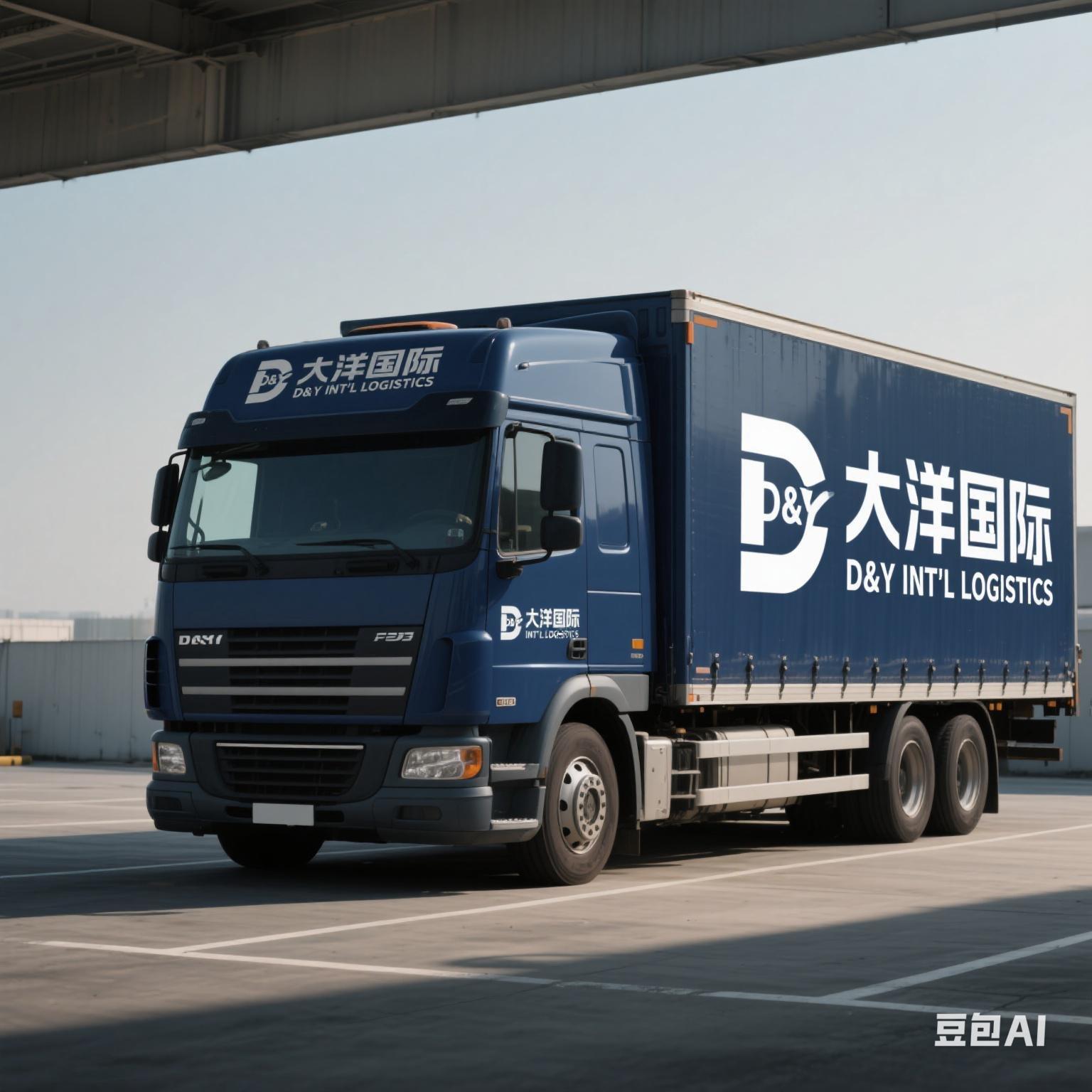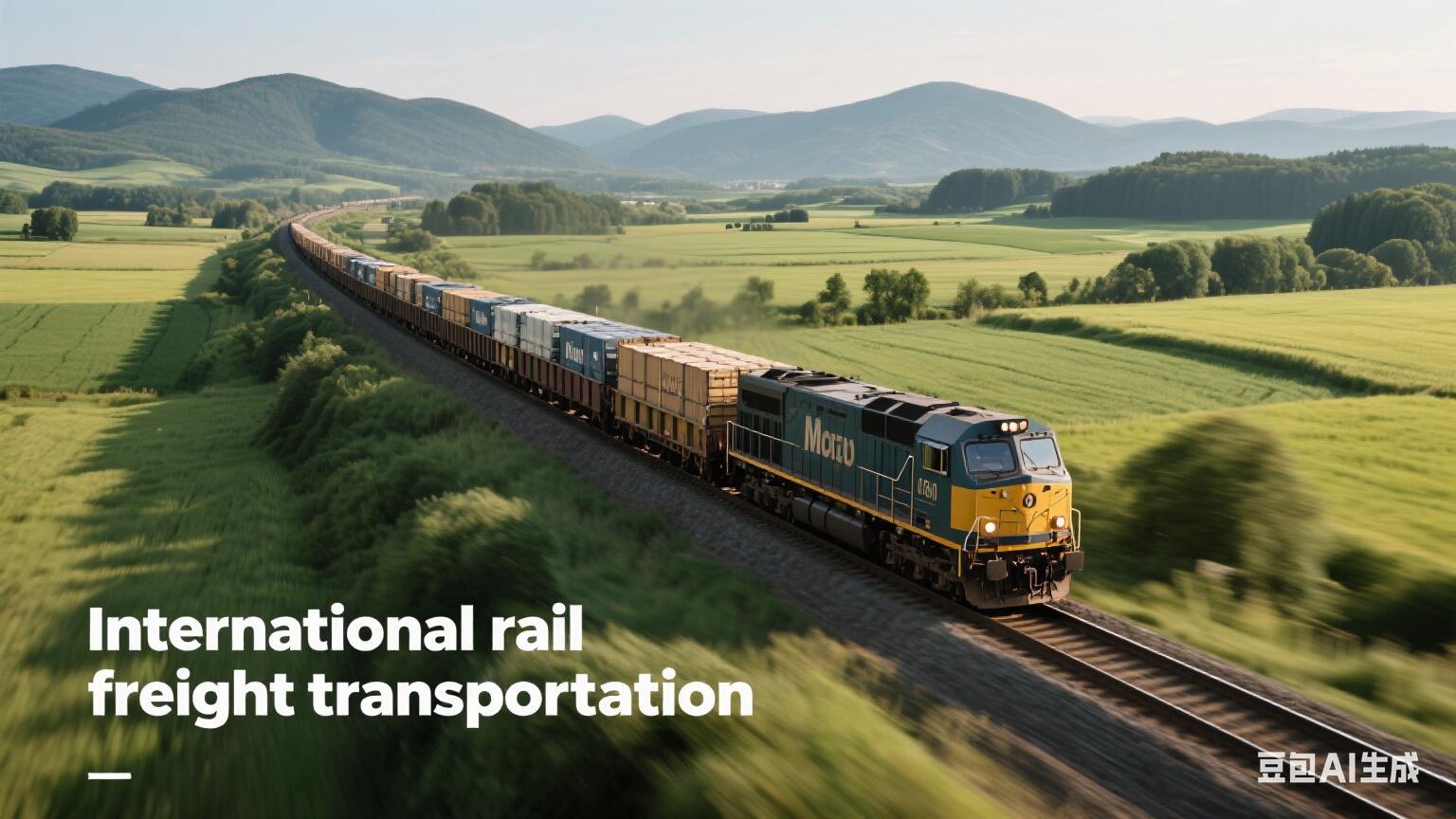rail freight forwarding
Rail freight forwarding is a comprehensive logistics solution that facilitates the transportation of goods via railway networks, combining efficiency with environmental sustainability. This service encompasses the management and coordination of cargo movement from origin to destination, including documentation, customs clearance, and intermodal connections. Modern rail freight forwarding utilizes advanced tracking systems, automated loading and unloading equipment, and sophisticated scheduling software to ensure timely deliveries. The service integrates various technological features such as GPS tracking, real-time monitoring, and digital documentation systems to provide transparency throughout the shipping process. Rail freight forwarding is particularly suitable for bulk cargo, containerized goods, and long-distance transportation, offering a reliable alternative to road and air freight. The system leverages extensive rail networks spanning continents, making it ideal for both domestic and international shipping. With the implementation of smart container technology and automated yard management systems, rail freight forwarding has evolved to meet the growing demands of modern supply chains, providing scalable solutions for businesses of all sizes.


